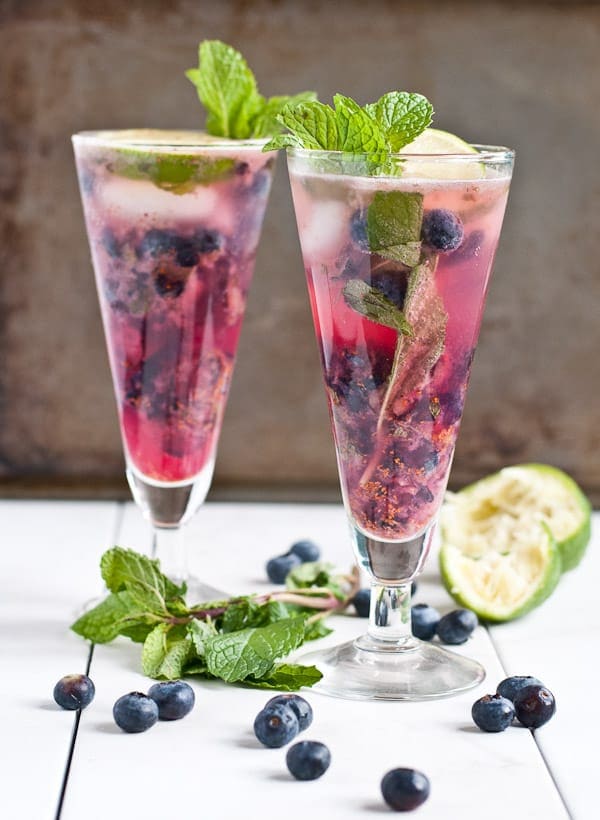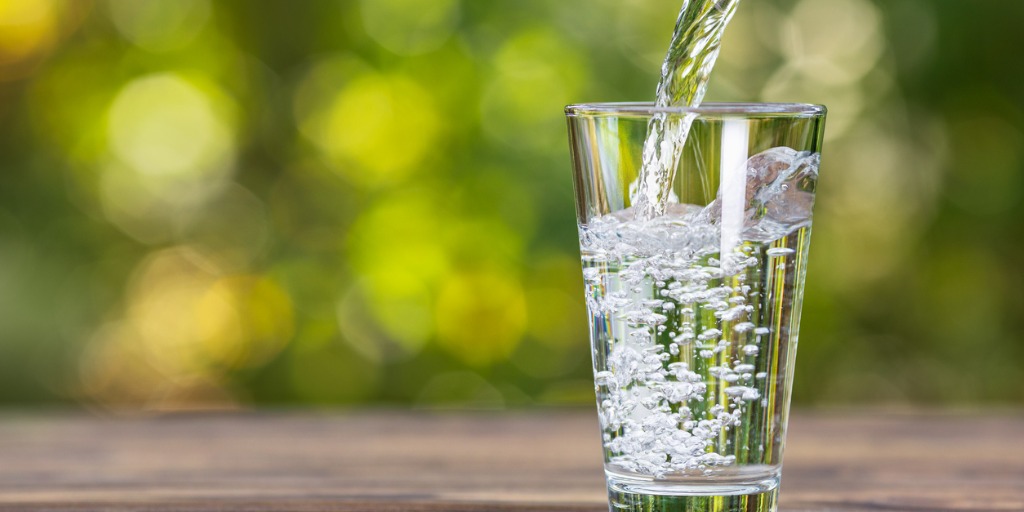“Why am I so thirsty all of a sudden?” Just Add Water!
Feeling thirsty all of a sudden may result from eating salty or spicy foods and engaging in physical activities outdoors for a long time.
However, it can also indicate certain medical conditions and chronic health problems.

Dehydration is one of the most common preventable medical conditions in the world, and it affects millions in the United States. Yet for something so common, most of us are unaware of its dangers. Here are a few things you might not know about dehydration:
1. 75 Percent of Americans Are Chronically Dehydrated. A survey of 3,003 Americans found that 75 percent likely had a net fluid loss, resulting in chronic dehydration. Although the survey found that Americans drank about eight servings of hydrating beverages per day, this is offset by drinking caffeinated beverages and alcohol and eating a diet high in sodium.
2. Dehydration Causes Fatigue. A pair of recent studies found that young people who were mildly dehydrated were much more likely to feel fatigued during moderate exercise and even when sedentary. Unsurprisingly, fatigue is a common sign of dehydration, and it’s said to be the No. 1 cause of midday fatigue.
3. Thirst Means You’re Dehydrated. Dehydration triggers the body’s thirst response. So when you feel thirsty, dehydration is already setting in. In many experiments, just 1 to 2 percent dehydration has been shown to trigger thirst. This level of dehydration can happen quickly, especially following intense exercise or when battling viruses.
Another potential cause of sudden, unexplained thirst is diabetes insipidus, and this condition has nothing to do with blood glucose levels. Diabetes insipidus happens when your body has trouble maintaining fluid balance. Specifically, the kidneys pass an unusually large volume of dilute, odorless urine. As a result, you’ll likely feel thirsty. While there’s no cure for diabetes insipidus, it’s important to speak to a doctor to help relieve symptoms and avoid complications. For one, dehydration is a serious complication of this condition.
4. Waking Up Thirsty There are several reasons you may be waking up thirsty, but almost all relate back to one culprit: dehydration. Here, we’ll show you how improper hydration from the day before, dehydration during sleep, and other factors can cause you to wake up feeling parched.
A lack of proper hydration from the day before is likely one of the main reasons you‘re waking up thirsty. In a proper state of hydration, your body has a precise amount of electrolytes and fluids to perform important functions. When you’re dehydrated, you either need more fluids or have an imbalance of electrolytes. When you sleep, your body naturally loses fluids and electrolytes in several ways. When you snore or breathe through your mouth at night, moisture in your nose and mouth gradually evaporates, causing mild dehydration that can result in waking up thirsty. This is particularly common for people with sleep disorders like obstructive sleep apnea, as treatments such as CPAP machines and medications can dry out mucous membranes and cause dehydration.
5. Dehydration Causes Foggy Memory, Irritability, and More. Dehydration, even mild dehydration, has been shown to put stress on our cognitive functioning. In younger adults, for instance, dehydration was linked to a dip in concentration and short-term memory, as well as an increase in feelings of anxiety and irritability. With children, studies are more conclusive that hydration can improve attention and memory.
6. Hydration Can Boost Your Metabolism. Although the evidence is limited, your metabolism could benefit from drinking cold water. In fact, one study found that drinking cold water helped boost healthy men and women’s metabolic rate by 30 percent. The researchers concluded that the body expended more energy heating the cold water, which resulted in the boost in metabolism.
7. Dehydration Is One of the Most Common Risk Factors for Kidney Stones. A landmark 1990 study examined the causes of kidney stones in more than 700 patients. Chronic dehydration, caused by a variety of factors, was believed to be a factor in about 20 percent of cases. More recently, researchers have examined the link more in-depth. In one five-year randomized trial, patients with kidney stones were told to drink more water, which resulted in a drop in kidney stone recurrence.
8. Sleeping Environment Sleeping in a room with dry air can also increase the likelihood of waking up thirsty. Dry air — which is common in mountain climates, deserts, and in the winter — can zap moisture from your nasal passages and mouth. It can also disrupt your sleep and decrease your performance the next day.
Air that’s too humid can also cause you to wake up thirsty. In high humidity, your sweat can’t evaporate as easily into the air because it’s already laden with moisture. Since your body is still producing sweat, you lose electrolytes and fluids that you need to stay hydrated. However, without the normal evaporation, you don’t get a cooling effect. This means you feel hot, sweaty, and parched due to dehydration and excessive sweating.
9. Dehydration in Winter Months A study from the University of New Hampshire found that your chance of dehydration actually increases during the colder months. Since people don’t feel as thirsty when the temperature drops, many forget to drink enough water. (Feb 18, 2021) While many people associate dehydration with summer days or over exertion, dehydration is not limted to hot weather. You can still get dehydrated in cold weather. We tend to sweat less in cold weathr; therefore, we are less thirsty and people don’t necessarily replenish fluids. Tea is a low-caffeine drink, so the diuretic effect is minimal. On the whole, tea gives your body much more water than it causes your body to lose. So drinking hot tea or iced tea helps to hydrate your body overall.
McGregor places hydration stations throughout the campus buildings so that both residents and guests can help themselves to a infused water- sometimes with fruit, sometimes with cucumber and lemon. All are meant to help encourage us to stay hydrated with a fresh cup of water! This means in both winter months as well as summer. Of course, during times of covid we have had to practice safety first!

Resources:
Nutrition Information Center, NY hospital
Ganio, M.S., Armstrong, L. E.
McKinley, M.J. & Johnson, A. K.
Benton, D
Boschmann, M, Et. Al
Embon, O.M., Rose, G.A. & Rosenbaum, T.
Borghi, L., Meschi, T., Amato, F., Briganti, A., Novarini, A /Giannini, A. Journal of Urology


